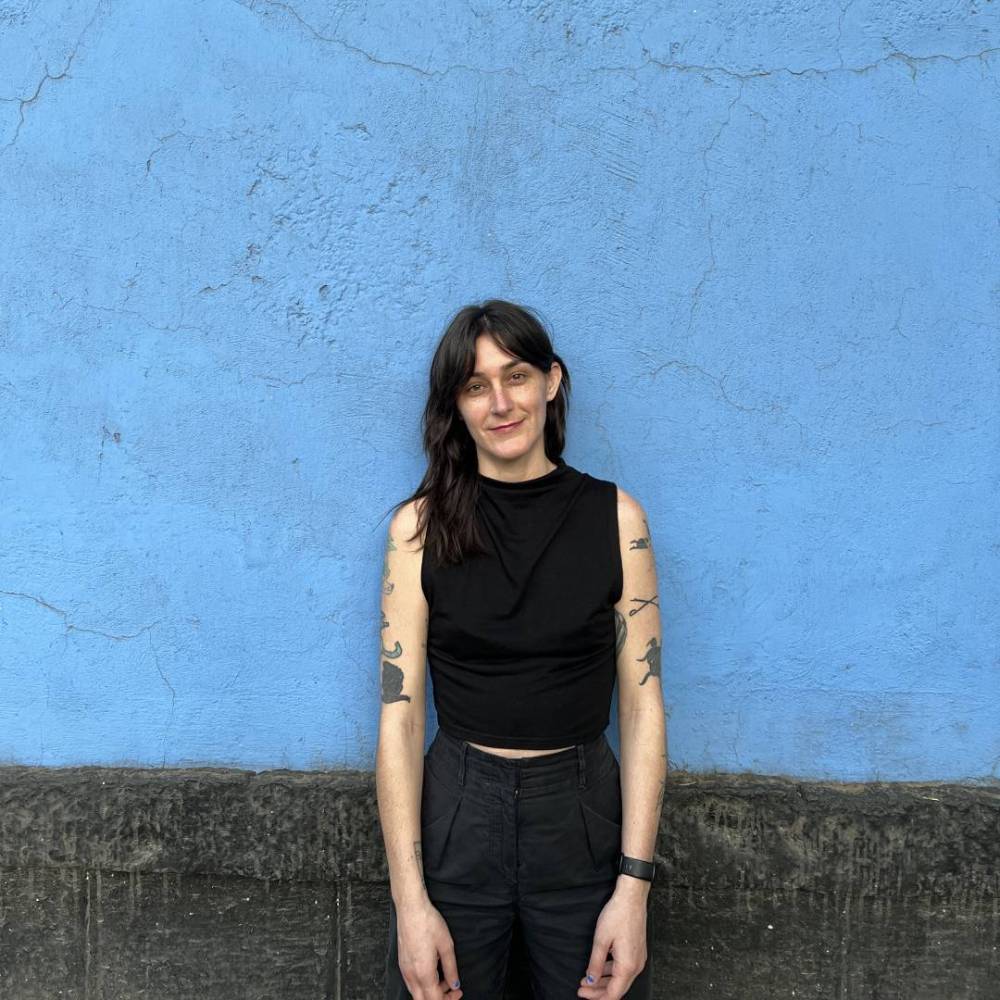Image via Carl Lawrence
Michael McKinney understands the cultural importance of Kreayshawn’s “Gucci Gucci.”
Dimly lit dancefloors have a storied history of fostering communities, offering a safe space for joy, reverie, and self-expression in a way that might not be possible elsewhere. This is common enough knowledge that any reiteration borders on trite, but it bears repeating regardless, because dance music is a fundamentally social thing. Kristin Malossi, a.k.a. Club-music alchemist DJ Voices, is intimately familiar with this. After graduating from college and moving to New York, she got involved in the city’s club circuit, dancing with her friends even as she realized that she wanted to be on the other side of the decks.
After practicing with a roommate’s turntables, she formed Working Women alongside a few of her friends. The idea was simple: the collective would offer each member space to learn and grow, with each person acting as support and ballast in a crowded nightlife scene. In retrospect, the collective offers a neat framework for where Malossi’s work has gone since. Her craft is one of communal joy; in her work, she challenges ravers to move, and think, in new and unfamiliar ways.
As a DJ, Malossi started working with deep and jazzy house records, but she has since spiraled into all sorts of infinities. Tune into any given DJ Voices set and you’re bound to find spindly dubstep, dollar-bin progressive-house gems, brain-bending techno, and umpteen other styles dedicated to turning the dancefloor upside down. Her style is both wide-ranging and deeply intuitive; she chases chest-rattling grooves even as she twists them into unrecognizable forms, one eye trained on the mixers and another angled towards the stars.
She is a neat fit with much of New York’s contemporary dance-music scene, which is as playful as it is sonically disparate. Spend enough time with her style, and you’ll start to hear all sorts of parallels: Ayesha’s polyrhythmic breakbeats, DJ Healthy’s deep-space bass rhythms, AceMo’s jacking new-school techno, Nick Boyd’s everything-goes jubilee. But, as that range of references might indicate, she is one-of-one: her work synthesizes umpteen influences and histories into something that feels surprising each time.
Critically, Malossi’s work extends beyond her DJing. She is part of the booking team at Nowadays and she runs a monthly book club that meets outside its doors. In each endeavor, she pushes conversations about what “club music” can be into new territories. At her day job, she books up-and-coming DJs and aesthetically singular veterans alike; at the book club, she fosters open-ended conversations around the Gordian knot of philosophies, histories, and ideologies that make up contemporary club music.
Ahead of a gig in Minneapolis, we had a chance to chat with Malossi, exploring her style and approach in the process. The conversation opens with a discussion of that month’s book club selection: The Underground Is Massive, which charts the global rise of “EDM” over the past few decades. From there, we dove into all sorts of nooks and crannies: her roots in gymnastics, philosophy, and skateboarding; her approaches to DJing, crate-digging, and community building; and her relationship to challenging artistry.
(This interview has been condensed and lightly edited for clarity.)

